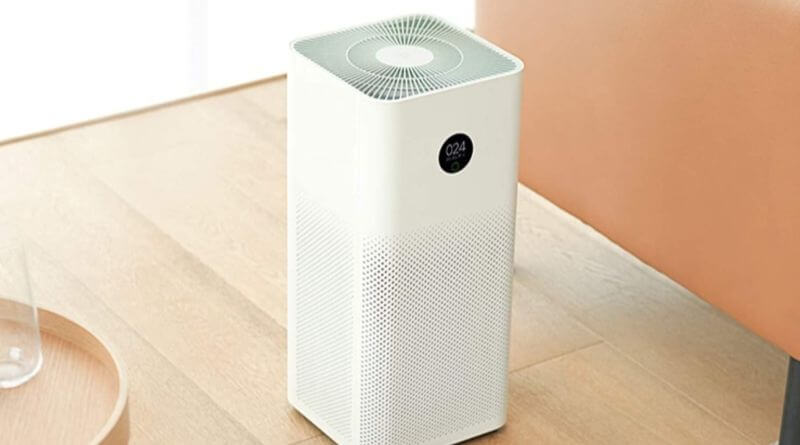Australia has been dubbed the 10th cleanest country. Even then, it would be safe to have a purifier handy as it can remove allergens. So, you can go for the best HEPA air purifier Australia has ever seen.
One thing that these purifiers require is high-quality filters. And a HEPA purifier will work perfectly with such filters.
But, do they necessarily work? Yes! HEPA filters can keep your air clean by removing dust, allergens, mould, and pollen.
Read on to find out why you should get them.
What are HEPA Filters?
In its essence, these filters are an integral part of any air purifier in Australia. Moreover, some households use this as respiratory masks or vacuum cleaners. Using them in air purifiers will help keep the breathable air clean.
HEPA (High-Efficiency Particulate Air) has filters used for numerous applications related to contamination control. Therefore, you will find HEPA equipment in medical or pharmaceutical devices.
HEPA filters have a fibreglass mat. This mat can trap all the harmful particles and pollutants in the air and refrain them from passing through.
The Australian standard for HEPA filters traps 99.97% of the 0.3 microns, airborne and possible contaminants.
HEPA Filter Effectiveness
If you have been looking for the best HEPA air purifier Australia has ever seen, you will likely come across the term MERV.
In filter terms, the Minimum Efficiency Reporting Value (MERV) is a determinant for the overall efficiency of the air filter. HEPA air purifier manufacturers utilise MERV to offer a rating on the effectiveness of the product.
Generally, most HEPA filters have a MERV 17 rating, but you can choose anything ranging from 13 to 17.
There are look-alike HEPA filters that have MERV ratings of 9 to 12. However, these products can only capture contaminants that are 1 or 3 microns.
That is why you must choose a true HEPA purifier with an authentic HEPA filter. You will need this to keep your indoor air quality breathable.
Workability of HEPA Filters
The filters trap the contaminants in the fibre web as they pass through. It uses four stages to keep the microns from reaching your lungs:
- Diffusion
- Interception
- Inertial impaction
- Sieving.
Once the particles collide, the filters immediately start this process of impaction and sieving. Furthermore, the filter can capture small, large, and medium particles through different dissipation, interception, and sieving methods.
Advantages of HEPA Filters
Due to the delicate fibres possessed by the HEPA filter, you can find them extremely helpful. Here are some of the advantages:
- It helps people who suffer from asthma and allergies
- The mesh fibres trap common allergy triggers
- It can trap dust mites along with mould spores
- HEPA can trap your pet’s dander
- It can assist HVAC systems by preventing dust or dirt build-up.
These filters are versatile and can produce breathable and 99.97% clean air. Therefore, using them in the best HEPA air purifier Australia has ever seen will be ideal.
Summing Up
A HEPA filter is the closest thing you can have to an “air sanitiser.” Even then, you need to keep them clean and reduce fume intake for optimal functionality.
Pairing such filters with purifiers will enhance the air quality in your house by eliminating dust, dirt, pollen, and allergens. However, it cannot remove VOCs or viruses but has many advantages, making it worth it.









